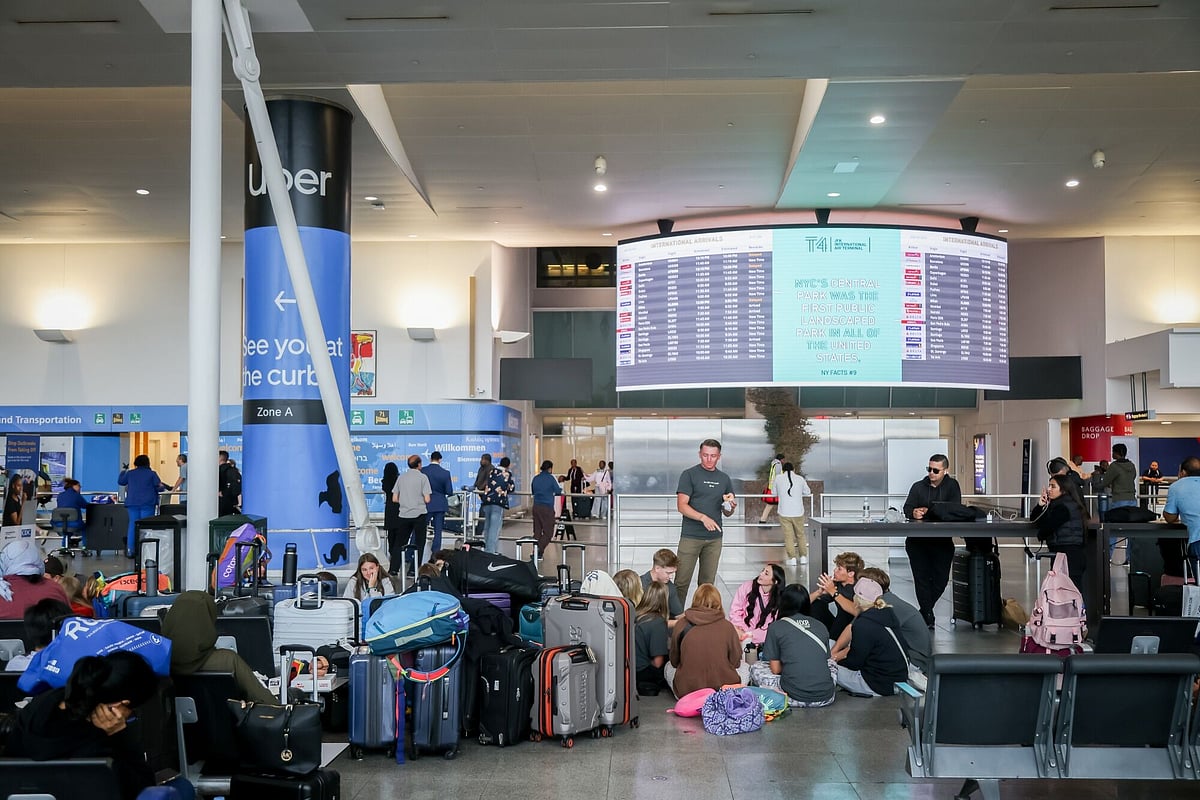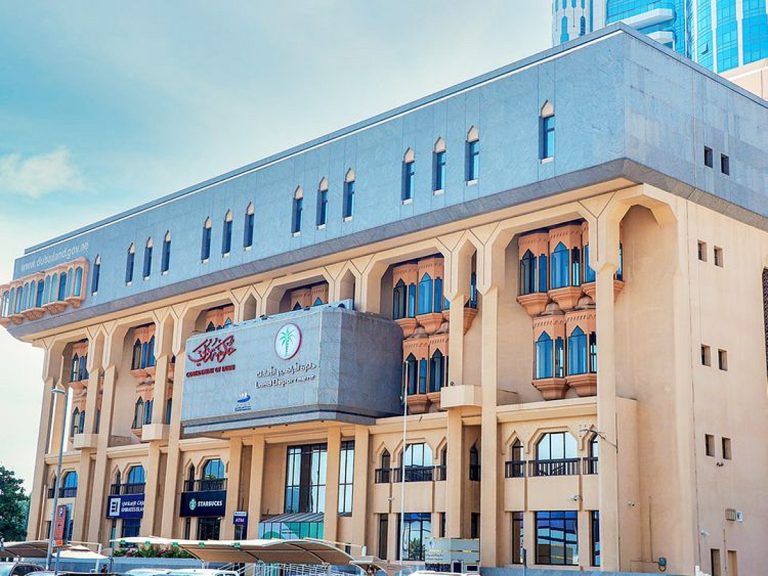Air Travel Disruptions Rise Amid Staffing Shortages
Air travel in the United States is facing significant disruptions due to a combination of staffing shortages among air traffic controllers and an ongoing government shutdown. Over the weekend, airlines canceled more than 1,700 flights and delayed thousands more, creating chaos for travelers across the country.
Flight Cancellations and Delays
Data from FlightAware reveals that Saturday alone saw over 1,500 flight cancellations and more than 6,600 delays. The situation worsened on Sunday, with an additional 1,000 cancellations reported. The Federal Aviation Administration (FAA) has linked these widespread disruptions to staffing shortages, as air traffic controllers and federal security screeners have been affected by missed paychecks during the budget impasse.
Impact on Major Airports
The busiest airports in the nation have been particularly hard hit. New York City’s three major airports—Newark Liberty International, LaGuardia, and John F. Kennedy International—experienced significant delays, with Newark facing a temporary ground stop after average arrival delays exceeded four hours. LaGuardia departures were delayed by up to 75 minutes, while JFK flights were held up by over two hours on average.
Atlanta’s Hartsfield-Jackson International Airport reported delays of nearly five and a half hours for arrivals, and Washington, D.C.’s Reagan National Airport saw nearly 80 flight cancellations on Friday, with almost half of all arrivals delayed. Other major airports, including those in Chicago, Denver, Dallas-Fort Worth, Los Angeles, San Francisco, Boston, Phoenix, Seattle, and Orlando, also reported substantial disruptions.
International Travel Affected
The impact of these cancellations and delays extends beyond domestic flights. Major international hubs such as Amsterdam’s Schiphol Airport, Toronto’s Pearson Airport, and Tokyo’s Haneda Airport have also reported cancellations in the double digits. This ripple effect underscores the widespread nature of the travel chaos.
FAA’s Response and Future Outlook
In response to the staffing crisis, the FAA has ordered airlines to reduce domestic flights by 4% at 40 of the busiest airports to maintain safety standards during the shutdown. However, this reduction has not been sufficient to prevent cascading delays. If the government impasse continues, the FAA plans to escalate the mandatory flight reductions to 6% by Tuesday, 8% by Thursday, and 10% by next Friday.
U.S. Transportation Secretary Sean Duffy has indicated that the reduction in flights could rise as high as 15-20% if Congress does not resolve the budget deadlock soon. Former FAA Deputy Administrator Dan Elwell has described the situation as “uncharted territory,” warning that ongoing disruptions could jeopardize holiday travel plans if the shutdown persists.
FAQs
What caused the flight cancellations and delays?
The flight cancellations and delays are primarily due to staffing shortages among air traffic controllers and federal security screeners, exacerbated by the ongoing government shutdown.
How many flights were affected over the weekend?
Over the weekend, more than 1,700 flights were canceled, with thousands more experiencing delays, particularly at major airports.
What actions is the FAA taking to address the situation?
The FAA has mandated a reduction in domestic flights by 4% at the busiest airports and plans to increase this reduction if the government shutdown continues.
Conclusion
The ongoing government shutdown and staffing shortages have led to significant disruptions in air travel across the United States. With the potential for further flight reductions and continued delays, travelers are advised to stay informed and plan accordingly as the situation develops.
The staffing shortages affecting air traffic controllers are part of a broader trend in the aviation industry, which has been grappling with workforce challenges since the COVID-19 pandemic. Many employees left the industry during the pandemic, and the recovery has not fully restored staffing levels to pre-pandemic numbers. This has resulted in increased workloads for remaining staff, further exacerbating the situation as air travel demand continues to rise.
In addition to the immediate disruptions, the ongoing government shutdown has raised concerns about the long-term implications for air travel safety and efficiency. Experts warn that prolonged staffing shortages could lead to a backlog in training new air traffic controllers, which is essential for maintaining operational capacity. As the holiday travel season approaches, the potential for further disruptions could impact not only travelers but also the broader economy, which relies heavily on the aviation sector for commerce and tourism.
Also Read:
Flight Cancellations Rise Amid Government Shutdown Disruptio
US Government Shutdown Causes Flight Disruptions Ahead of Ho







